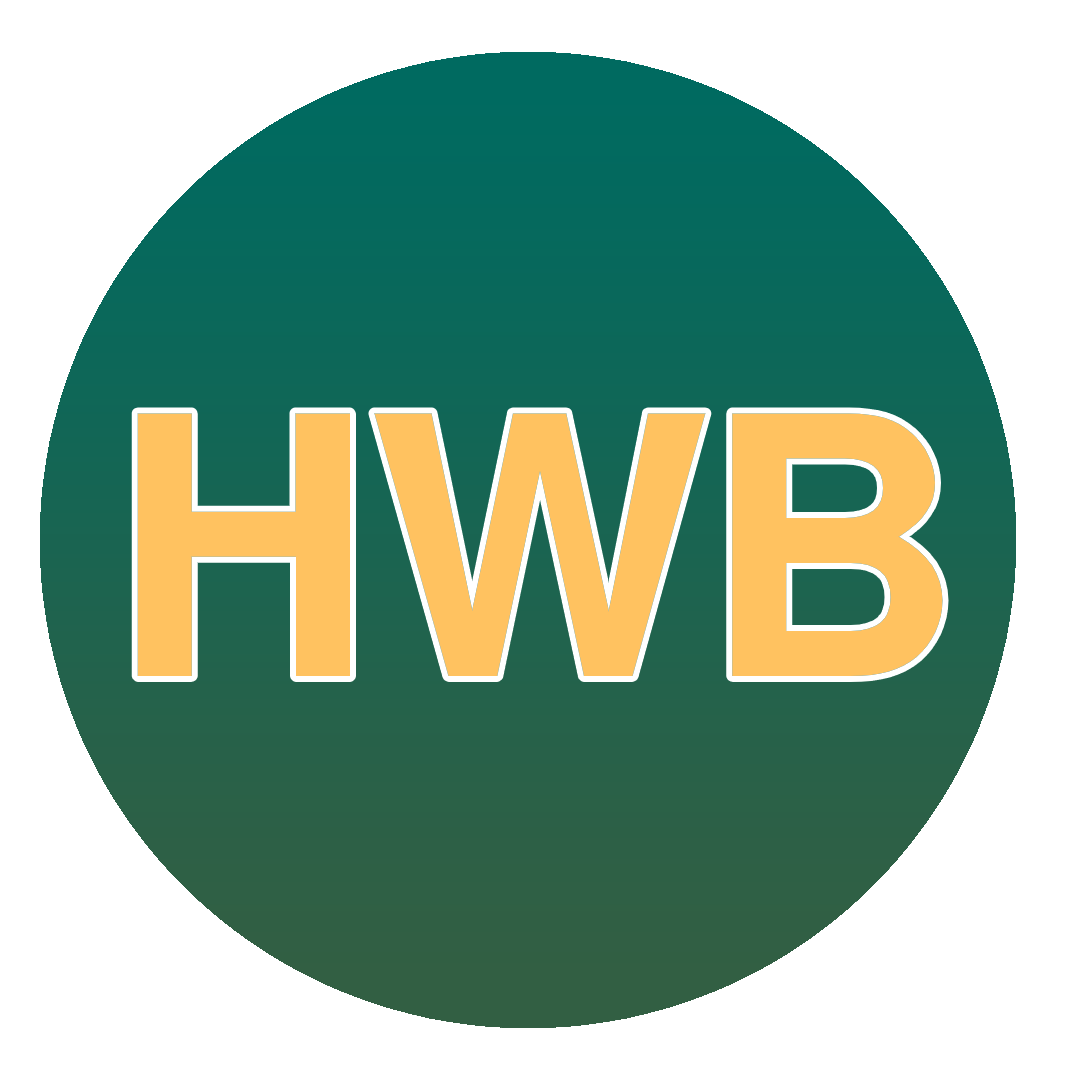Children and young people have the right to learn about their bodies, relationships, sexuality, sexual health and parenthood in age-appropriate ways to their age and stage of development.
Sexual health involves physical, emotional, mental, and social well-being, supported by respect, consent, and freedom from harm or discrimination. Sexuality is influenced by the interaction of biological, psychological, social, economic, political, cultural, legal, historical, religious and spiritual factors.
To help young people build healthy relationships, foundational skills must be developed throughout childhood. The foundation skills are not exclusive to RSHP, they apply across the CfE and are taught in the context of friendship and communication skills in the earlier stages of learning. Themes that help to build children’s learning about relationships throughout childhood include:
- Emotional wellbeing and help seeking behaviour
- Equality and inclusion
- Bodily autonomy, consent and protection from harm
- Parenthood and families
- Relationships and friendships
Vulnerable children, including those with disabilities or additional needs, should receive tailored support with their learning. Using inclusive, non-judgmental language will ensure all pupils feel valued. Learning should be age and stage appropriate and be supported at home.
Practitioners should be fully supported and trained in all aspects of Relationships, Sexual Health and Parenthood Education to facilitate a confident delivery of high-quality learning experiences using educational materials that are up to date, age and stage appropriate and evidence based
Priorities for Relationships and Sexual Health
Young people today face complex challenges in relationships and sexual health, intensified by the aftermath of COVID-19 and requiring coordinated multi-agency responses.
Key Trends:
- Teenage pregnancy is rising after 25 years of decline.
- Abortion service uptake has sharply increased.
- Fewer young people are accessing sexual health services.
- Use of hormonal contraception—especially long-acting methods—and condoms has declined.
- STI rates are rising, with gonorrhoea up 90% in under-20s over five years.
- More young people are accessing SARC services following rape or sexual assault.
Contributing Factors:
- Aggressive behaviours, including non-fatal strangulation, are being normalised in sexual relationships.
- Exposure to violent pornography starts early: 10% of 9-year-olds, 27% of 11-year-olds, and 50% of 13-year-olds report viewing it.
- Online activity increases risks of harassment, extortion, grooming, and tech-assisted abuse, with AI amplifying these threats.
- Sexual harassment and misogyny are widespread in peer groups, schools, and online spaces.
- Consent remains a difficult topic for young people to discuss and act on.
Wider Context:
- Cultural shifts include organised opposition to sexual and reproductive rights, amplified by online influencers in the “manosphere.”
- Adults—parents, carers, and professionals—often underestimate the scale of these issues and feel unsure about how to address them.
- Confidence is further undermined by online misinformation campaigns targeting RSHP education.
Call to Action:
- This context underscores the urgent need for robust RSHP education in schools, supported by informed and confident parents, carers, and trusted adults.
Additional information
Scotland’s Health and Wellbeing Pupil Census 2021/2022 had a range of questions on relationships, sexual health and parenthood. Available here ![]() .
.
Priorities for Supporting Young People around Relationships, Sexual Health and Parenthood short video available here ![]()

 .
.